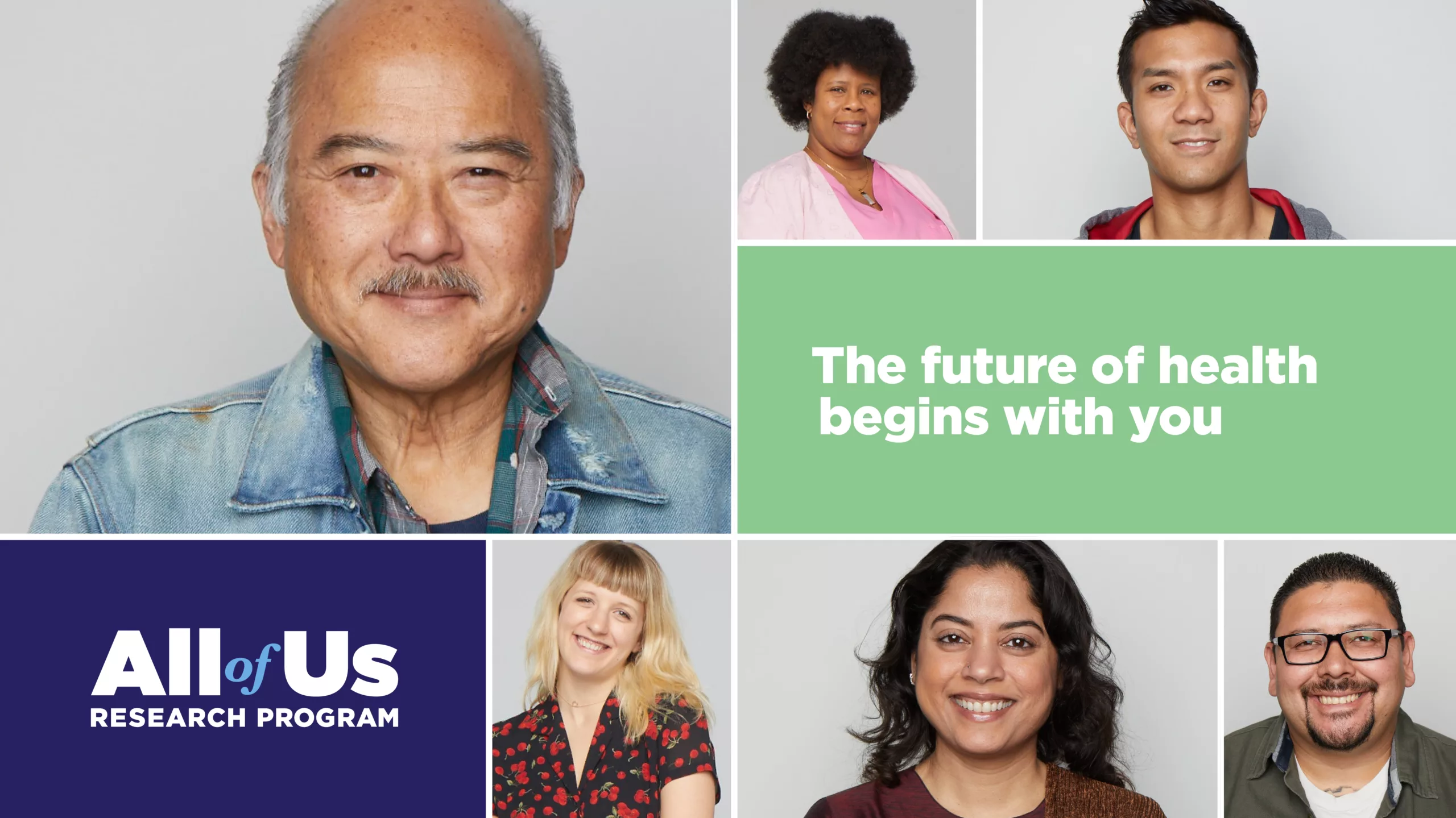Research-Related CME
Research is fundamental to demonstrating the value of the PA profession and obtaining optimal patient outcomes. Working with experts, AAPA offers free CME so PAs and PA students can learn more about research and enhance their clinical work. More details on topics can be found below. Watch our announcements section for information on new content.
AAPA Research-Focused CME
Research 101
The Research 101 CME Series is a series of webinars designed for both PAs and PA Students. This webinar series is updated and explores topics on why research is important, types of research PAs are involved in, education on the fundamentals of research, and other special topics to enhance participants’ skills. This series of webinars may be watched in any order and rewatched as needed.
Research 201
Research 201 builds off the foundations in the 101 series by introducing emerging PA/PA student researchers to key skills designed to advance their research goals. Within these lessons, learners can find content on specific research methods and strategies for communicating the importance of their work. This series of webinars can be watched in any order as needed.
The All of Us Research Program
The All of Us Research Program
 The All of Us Research Program, led by NIH, is a longitudinal effort to gather data from one million or more people living in the U.S. to accelerate research and improve health. The program is partnering with participants to build a diverse database that will help researchers better understand how genetics, environmental factors, and life circumstances affect health outcomes. By including groups that have been underrepresented in research, researchers will be equipped to make discoveries and uncover paths toward delivering individualized prevention, treatment, and care for all of us. Learn more about All of Us at AllofUs.nih.gov.
The All of Us Research Program, led by NIH, is a longitudinal effort to gather data from one million or more people living in the U.S. to accelerate research and improve health. The program is partnering with participants to build a diverse database that will help researchers better understand how genetics, environmental factors, and life circumstances affect health outcomes. By including groups that have been underrepresented in research, researchers will be equipped to make discoveries and uncover paths toward delivering individualized prevention, treatment, and care for all of us. Learn more about All of Us at AllofUs.nih.gov.
In Increasing Your Knowledge through All of Us: Secondary Clinical Data for Research and Clinical Work, Ashley Green, MLIS, provides an overview of the National Institutes of Health All of Us research program, walks through how to register to access the data and create a workspace, and highlights how to use the available data for research and clinical purposes. At the conclusion of this short webinar, we hope that you are inspired to explore the All of Us research hub, look up whether your organization has an agreement in place, and/or start your own research project.
AAPA-PAEA Research Fellowship Seminars
2022 AAPA-PAEA Research Seminar Series
 AAPA and PAEA invited all PAs and PA students to participate in the 2022 Research Seminar Series. Watch the any or all of the sessions to learn about resources that strengthen your research and improve your knowledge about the communities you work in. Topics include learning about secondary data, grant writing, publications, and more! Webinar sessions are free and include up to 13.75 CME credit.
AAPA and PAEA invited all PAs and PA students to participate in the 2022 Research Seminar Series. Watch the any or all of the sessions to learn about resources that strengthen your research and improve your knowledge about the communities you work in. Topics include learning about secondary data, grant writing, publications, and more! Webinar sessions are free and include up to 13.75 CME credit.
- Healthcare State by State: Kaiser Family Foundation Resources
- Primary Care Training and Enhancement Research: Grants Opportunities Just for PA Programs
- An Introduction to The Fitzhugh Mullan Institute for Health Workforce Equity
- A Look into Research from the National Association for Community Health Centers
- Explore the Breadth of Information Available from the National Center for Health Statistics
- Social Determinants of Health: Data Together at Last
- Diving Deep into Education Data: Integrated Post-Secondary Education Data (IPEDS)
- Exploring the Data and Research from PA Associations
- Finding the Right Publication and Presentation Venues
Research in Action Conference on Demand
 Research in Action 2023 includes newly recorded content from the in-person AAPA2023 Annual Conference, and offers up to 8.5 credits of AAPA Category 1 CME and features original research about the PA profession and workforce. Learn from PA researchers as they cover topics that will help clinicians and educators advance the PA profession. CME sessions include topics related to medical malpractice; patient safety; provider access; asthma; and substance use disorder – just to name a few.
Research in Action 2023 includes newly recorded content from the in-person AAPA2023 Annual Conference, and offers up to 8.5 credits of AAPA Category 1 CME and features original research about the PA profession and workforce. Learn from PA researchers as they cover topics that will help clinicians and educators advance the PA profession. CME sessions include topics related to medical malpractice; patient safety; provider access; asthma; and substance use disorder – just to name a few.
- Analysis of Medical Malpractice Payments and Adverse Actions of PAs Reported in the National Practitioner Data Bank in Relation to State Scope of Practice Laws and Regulations
- Comparison of Procedures Performed by PAs and NPs in the Elderly
- Enhancing Patient and Provider Safety Through Onboarding and Mentoring
- Examining Gender Trends in Physician Assistant Publications
- How Workplace Appreciation and Opportunities for Physician Associates Impact Employer Satisfaction
- Market Considerations for Upcoming Split/Shared Billing Changes
- PA Access to Provider Health Programs
- PA Researchers in Their Own Words: Why They Do It And What Do They Think Will Promote PA-Led Research?
- Patient Satisfaction with Dermatologists, Resident Physicians, and Physician Assistants: A Multi-year Cross-sectional Study in an Academic Medical Center
- Policy Effect on Physician Assistant Student Mistreatment Reporting
- Preparing the Next Generation of PAs for Age-friendly Healthcare to Prevent Falls
- Role Delineation and Team Participation of Physician Assistants/Associates in Obstetrics and Gynecology
- Self-efficacy, Barriers, and Opportunities: Examining the Delivery of Asthma Education Among U.S. Primary Care PAs
- Standardizing Sepsis Huddles To Improve Antibiotic Timeliness in Sepsis Alerts
- The Contribution of Post-Professional Doctoral Degrees to the Career Development of Healthcare Workers: A Scoping Review
- The Impact and Quality Improvement of a Race Concordant ‘Family-Style’ Mentorship Program
- The Influence of Faculty Diversity and Underrepresented Minority Matriculation in PA Schools: Implications for Improving Workforce Diversity
- Utilizing Simulation to ImPAct SUD Healthcare in Kentucky